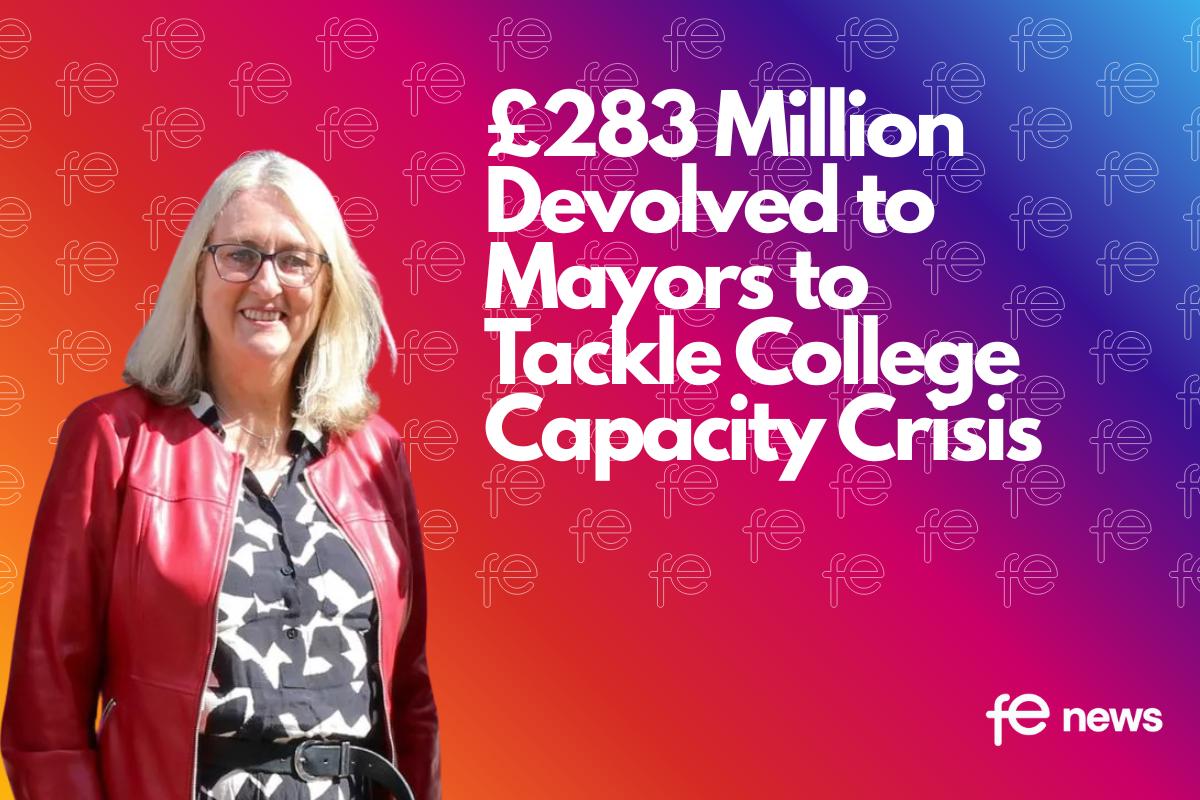#Brexit uncertainty over future UK access to Erasmus international exchange programme

The House of Lords EU Home Affairs Sub-Committee has called on the Government to clarify its plans for future UK access to the EU international exchange programme ‘Erasmus’ in its report Brexit: the Erasmus and Horizon programmes.
Although the Erasmus programme is commonly known as a university student exchange scheme, it also provides opportunities to study, work or train abroad to vocational students, teachers and youth workers. The Committee heard during its inquiry that Erasmus is an “overwhelming force for good”, particularly in improving employment prospects and increasing opportunities for people from disadvantaged backgrounds.
In preparation for a ‘no deal’ scenario, the Government has committed to underwrite funding to ensure UK participants can continue to access Erasmus+ until the end of 2020. However, how this guarantee will operate in practice, including who will disburse the funding and what terms and conditions will apply to beneficiaries remains unclear. The Committee urges the UK and the EU to work together to avoid any disruption to Erasmus+ placements in a ‘no deal’ scenario.
Whether the UK leaves the EU under the Withdrawal Agreement or in a ‘no deal’ scenario, it could still seek to participate in the next phase of the Erasmus programme (running from 2021-2027) as a third country. In terms of this future relationship, the Committee concluded:
- The UK should seek to participate fully in the next phase of Erasmus programme as an associated third country.
- Mobility opportunities for people in vocational education and training could “stop in their tracks” without Erasmus funding, and the Committee is particularly concerned that losing access to the programme would disproportionately affect people from disadvantaged backgrounds and those with medical needs or disabilities.
- If association to Erasmus cannot be negotiated, it will be essential to establish an alternative UK mobility scheme. However, even with comparative financial investment it will be impossible for the UK to replicate at the national level several key aspects of Erasmus, including its strong brand, trusted reputation, common rulebook and framework for partnership agreements, and its established network of potential partners. Smaller organisations in particular will struggle to find the time and resources required to establish and maintain exchange partnerships without the support of Erasmus
- Expanding mobility opportunities beyond Europe would be welcome in addition to Erasmus but this should not be prioritised at the expense of exchanges “on our doorstep”, which are particularly attractive to vocational students, people with special needs, and those with family commitments.
The Committee urges the Government to confirm whether it will seek full association to the 2021–2027 Erasmus programme as soon as possible, to maximise certainty and stability for UK students and researchers, and to enable them to plan for any changes.
Lord Jay of Ewelme, Chairman of the Committee, said:
“The Erasmus programme has played an important role in increasing opportunities for young people and teachers in the UK to study, train, teach, and gain work experience abroad.”
“The UK has received substantial amounts of funding from Erasmus but the value of participating in this programme cannot be measured simply in financial terms. Erasmus improves people’s employment prospects, increases opportunities for people from disadvantaged backgrounds, and facilitates international collaboration in the field of education. International students in the UK also contribute to the UK’s economic growth and ‘public diplomacy’, promoting positive international perceptions of the UK and supporting cultural, political and trade ties.”
“We strongly believe that close cooperation between the UK and the EU in this area should be preserved, and that the UK should seek an association agreement to ensure it can participate fully in the next Erasmus programme.”
The Sub-Committee is chaired by Lord Jay.
The role of the House of Lords EU Home Affairs Sub-Committee is to scrutinise the UK Government’s approach to EU Justice and Home Affairs policy: border checks, asylum, immigration, including Schengen, and police cooperation, including Europol. The Sub-Committee is also responsible for looking at EU measures relating to healthcare, sports and education policy.











Responses